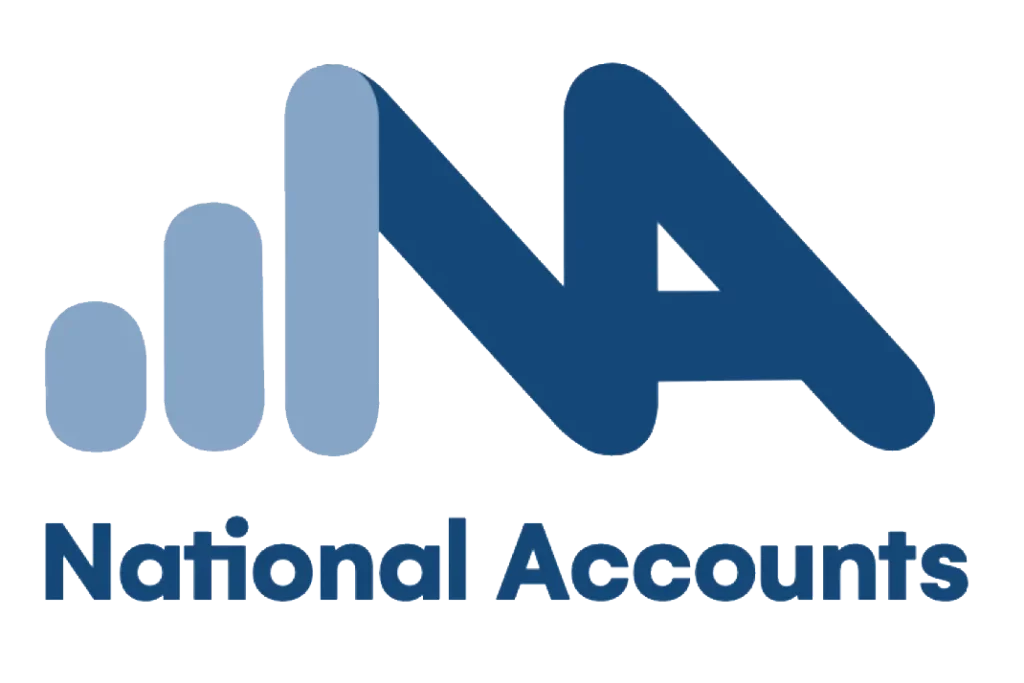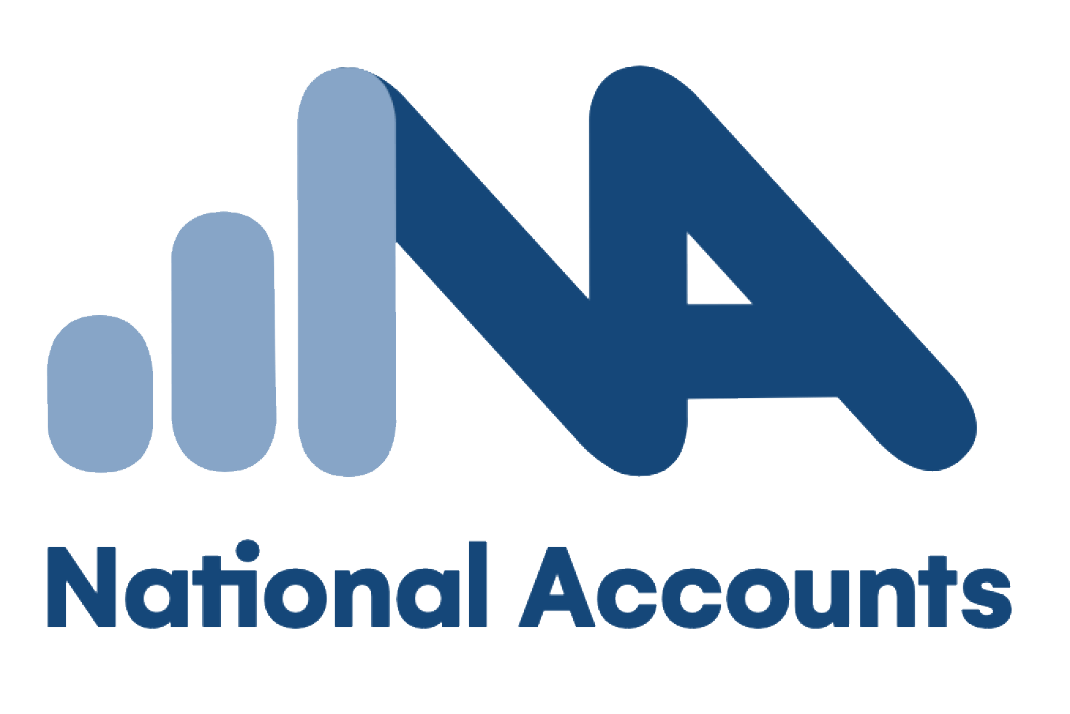
In our era, the intersection of technology and taxation is profoundly reshaping how nations handle fiscal responsibilities. In Australia, the implementation of artificial intelligence (AI) by the Australian Taxation Office (ATO) marks a significant leap forward. The ATO’s use of AI has unlocked extraordinary efficiencies, identifying over $530 million in unpaid tax bills and thwarting $2.5 billion in fraudulent claims. Significantly, deep learning models have played a crucial role in revealing $295 million in superannuation guarantee underpayments, while natural language models have scrutinized documents like the Panama Papers, unearthing $242 million owed by tax evaders since 2018[1]. This digital transformation, part of a broader digitization project, underscores a pivotal move towards making tax management more accessible for taxpayers[2].
As we sail through this digital era, addressing tax questions in Australia has become more nuanced, compelling the need for accurate, accessible tax advice. Our commitment to easing this complexity led to the development of the first free Australian Tax advice bot. Distilling AI’s power into tax advice, this innovative tool is designed to demystify taxation advice, offering free accounting advice tailored to diverse needs. From tax accountant advice to everyday tax inquiries, our service is a bridge towards simplified tax understanding. This article delves into the benefits of using ChatGPT for tax advice, navigates through its potential challenges and limitations, and envisions the future trajectory of AI in taxation, making tax advice more comprehensible and accessible for all Australians[1][2][3].
Understanding AI in Tax Advisory
In the realm of tax advisory, AI has revolutionized the way tasks are approached, offering a multitude of benefits that enhance efficiency, compliance, and client services. Here’s a closer look at how AI is redefining tax advisory:
- Automation and Efficiency
- Routine Task Automation: AI has significantly automated routine tasks such as data entry, invoice processing, and reconciliations[4]. This automation frees up professionals to focus on higher-value activities, such as providing strategic advice and developing new services[5].
- Streamlined Processes: From enhancing the audit process by analyzing vast amounts of financial data to identifying potential risks, AI streamlines various processes[4]. Additionally, tax compliance, reporting, and planning have been made more efficient, with AI providing faster and more accurate calculations, classifications, and filings[5].
- Enhanced Data Analysis and Decision Making
- Data Analysis: AI’s capability to enhance data analysis allows tax professionals to identify patterns, anomalies, and trends that might have otherwise gone unnoticed[4]. This deep analysis aids in making more informed decisions and providing more accurate advice to clients[11].
- Predictive Analytics and Real-time Planning: AI-powered predictive analytics anticipate future tax liabilities and opportunities, enabling proactive and strategic advice[11]. Moreover, real-time tax planning recommendations based on up-to-date financial data further empower tax professionals to offer timely and effective advice[11].
- Client Services and Compliance
- Client Interaction: The introduction of AI-powered chatbots and virtual assistants has transformed client services by providing instant responses to queries, thereby enhancing client satisfaction[4].
- Compliance and Risk Management: Automating the monitoring and analysis of regulatory changes improves compliance and risk management[4]. AI also plays a crucial role in ensuring timely and accurate tax reporting, filing, and compliance, protecting businesses from legal and financial risks[8].
By leveraging AI, tax advisory services become more efficient, accurate, client-centred, and strategic. The careful and responsible implementation of AI in tax advisory ensures that professionals can focus on value-added tasks while navigating the complexities of tax compliance and planning with ease[8]. This technological advancement is a testament to the potential of AI in revolutionizing the field of tax advisory, promising a future where tax professionals can deliver high-quality advice more effectively[6][10].
Benefits of Using ChatGPT for Tax Advice
Leveraging ChatGPT for tax advice in Australia offers a multitude of benefits, enhancing both the efficiency and effectiveness of tax professionals and their services. Here, we outline the key advantages:
- Efficiency and Time Management
- Automated Repetitive Tasks: ChatGPT’s ability to automate routine tasks such as data entry and invoice processing allows tax professionals to allocate more time to complex and value-added activities[13][12].
- Research and Analysis Support: By assisting in gathering relevant data and identifying key trends, ChatGPT aids in formulating potential tax strategies, thereby streamlining the research process[13][6].
- Improved Client Service: Immediate responses to client inquiries facilitated by ChatGPT enhance the overall client experience, setting a new standard in customer service[13].
- Knowledge and Learning
- Knowledge Repository: ChatGPT acts as a comprehensive source of tax-related information, including tax codes, regulations, and case laws, ensuring quick access to vital information[13].
- Professional Development: Supporting tax professionals’ training efforts, ChatGPT offers interactive learning experiences and helps reinforce essential tax concepts through simulations and case studies[13].
- Accuracy and Compliance
- Standardisation and Consistency: By promoting standardisation in tax advice and processes, ChatGPT ensures a consistent approach to handling tax matters, enhancing reliability[13].
- Enhanced Accuracy: The use of AI-driven tools like ChatGPT leads to improved accuracy in tax advice, as automated systems are less prone to human error[12].
- Efficient Data Analysis: AI-powered platforms can analyze large volumes of data more efficiently, enabling tax professionals to make informed decisions and provide tailored advice[12].
These benefits collectively contribute to a transformative shift in how tax advice is delivered in Australia, making it more accessible, efficient, and accurate. As we continue to develop innovative tools like the first free Australian Tax advice bot, our commitment to simplifying tax advice remains steadfast, ensuring that all Australians have access to reliable and comprehensive tax information.
Challenges and Limitations
While the advent of AI in tax advisory, including our development of the first free Australian Tax advice bot, presents numerous opportunities, it is equally important to acknowledge and navigate the challenges and limitations inherent in such technological applications. The following points outline some of the key concerns:
Data Security and Privacy Concerns
- Sensitive Data Handling: The necessity for ChatGPT to access sensitive client data for accurate advice underscores the critical importance of robust data privacy and security measures[18]. The onus is on tax professionals to ensure that these measures are in place to protect client or company information.
- Compliance with Regulations: Ensuring AI systems, including ChatGPT, comply with tax regulations and ethical guidelines is a significant challenge, necessitating continuous adaptation and updates to these systems[11][20].
Accuracy and Reliability Issues
- Verification of AI-generated Advice: Despite ChatGPT’s capabilities, its advice may not always be accurate, necessitating that tax professionals exercise caution and verify information[18]. This is further complicated by ChatGPT’s inability to disclose its sources or the exact thought process in generating responses, making it difficult to assess the reliability of the information provided[18].
- Contextual Understanding: AI’s struggle to grasp the nuanced context of tax laws and the specific circumstances of tax queries can lead to irrelevant or inapplicable answers[18][11]. This limitation is exacerbated by the fact that ChatGPT’s knowledge is frozen as of September 2021, potentially missing critical updates or changes in tax laws[18].
Ethical and Operational Challenges
- Bias and Fairness: AI systems can unintentionally perpetuate biases present in their training data, leading to potentially unfair or discriminatory outcomes[20]. This raises ethical concerns, including those related to privacy issues and the potential for job displacement.
- Resource Intensiveness: Developing, implementing, and maintaining AI systems demands specialized knowledge and can be resource-intensive and costly, posing a significant barrier for many tax advice firms[20]. Moreover, the tax world’s hesitance to experiment with unfamiliar technology can hinder the adoption and effective use of AI in tax advisory[19].
Addressing these challenges requires a concerted effort from developers, tax professionals, and regulatory bodies to ensure that the benefits of AI in tax advisory can be fully realized while mitigating the associated risks and limitations.
Future of AI in Taxation
As we look toward the future of AI in taxation, several key developments stand poised to significantly enhance the landscape:
- Advancements in AI Capabilities[21]:
- Enhanced Reasoning: AI models are expected to exhibit improved reasoning abilities, allowing for more nuanced understanding and interpretation of complex tax scenarios.
- Expanded Context Windows: This will enable AI to consider a broader range of information when providing tax advice, leading to more comprehensive and accurate recommendations.
- Multimodal Capabilities: Incorporating various data types (text, numbers, images) will allow for richer analyses and insights, particularly beneficial in tax research and documentation.
- Mainstream Adoption of AI Assistants[21]:
- Tools like Microsoft’s Copilot are anticipated to become integral in office productivity, offering seamless support in drafting documents, preparing reports, and even suggesting tax-saving strategies.
- This integration promises to elevate the efficiency of tax professionals, enabling them to deliver unparalleled value to their clients by focusing on strategic advice and personalized service.
- Innovations in Tax Research and Administration[21][22][23]:
- Generative AI for Tax Research: By 2024, generative AI is expected to dominate tax research, offering enhanced accuracy in tax predictions, compliance checks, and algorithmic reviews. This leap forward will be supported by generative AI tax research platforms designed for precision and depth.
- Streamlining Operations: AI’s capacity to process vast amounts of data swiftly and accurately will revolutionize tax administration, making operations more efficient and reducing the workload on tax professionals. This efficiency allows them to concentrate on more strategic tasks such as tax planning and advisory.
- Data Management for AI Adoption: For businesses to harness the full potential of AI in tax, it’s crucial to ensure that their data is structured and effectively managed. Preparing for AI adoption involves streamlining data processes, making data AI-ready, and educating stakeholders about AI’s benefits and implementation strategies.
In light of these advancements, it’s clear that AI holds the promise to transform taxation into an innovation hub, where tax advice and administration are not only more efficient and accurate but also more accessible and user-friendly for taxpayers and professionals alike. As we’ve developed the first free Australian Tax advice bot, we’re at the forefront of this transformation, committed to leveraging AI to simplify tax advice and enhance the tax experience for all Australians.
Conclusion
The integration of artificial intelligence in Australia’s taxation system, particularly through the Australian Taxation Office (ATO) and the development of the first free Australian Tax advice bot, heralds a new era in tax advice and administration. The profound efficiencies, the uncovering of unpaid taxes, and the amplification of compliance and client services are testaments to AI’s transformative potential. These advancements are not merely operational but represent a significant leap toward making tax advice more accessible and understandable for all Australians. By incorporating the AI-driven insights discussed in this article, tax professionals and taxpayers alike are better equipped to navigate the complexities of the taxation landscape, ensuring compliance and optimizing their fiscal strategies.
Looking forward, the role of AI in taxation is set to expand further, promising even greater accuracy, efficiency, and user-centric services. As we continue to harness the power of AI, including leveraging the capabilities of ChatGPT and other AI advancements, it’s crucial for professionals to stay informed and adaptable to these changes. In line with our commitment to making tax advice accessible, we encourage interested individuals to take the next step in their tax planning journey. Book a meeting for specific tax advice and explore how these technological innovations can be tailored to meet your unique needs. This proactive approach will not only optimize your financial strategies but also ensure that you remain at the forefront of digital taxation advancements.
FAQs
1. Can ChatGPT be utilized for accounting purposes?
Yes, ChatGPT can be utilized to enhance accounting processes through its advanced language processing capabilities. It can help automate tasks, save time, and increase efficiency. Accountants can leverage ChatGPT to boost productivity, gain better financial insights, and make well-informed business decisions.
2. What role does artificial intelligence (AI) play in the field of taxation?
AI is revolutionizing taxation by integrating tax research into daily workflows, offering predictive prompts based on client information and evolving tax laws, and significantly reducing the time required for research, source verification, and understanding tax implications.
3. Is there an artificial intelligence system available that can manage tax-related tasks?
Yes, Intuit, the company behind the widely-used TurboTax software, introduced a generative AI financial assistant named Intuit Assist in fall 2023. This AI assistant is designed to work with Intuit’s range of products, including TurboTax software and TurboTax Live.
4. How can I receive tax advice in Australia?
In Australia, tax advice can be obtained through the Tax Help program if you meet the eligibility criteria. To access this service, you’ll need to create a myGov account, link it to the Australian Taxation Office (ATO), and then make an appointment. For Tax Help services near you, you can call 13 28 61, choose option 3, and then option 2 to schedule your appointment.
References
[1] –https://www.afr.com/technology/ato-captures-billions-of-dollars-from-tax-cheats-with-ai-20230727-p5drnf
[2] –https://www.themandarin.com.au/217184-ato-concerned-about-ai-tools-generating-unreliable-information/
[3] –https://www.afr.com/technology/ai-auditors-let-the-ato-find-millions-in-unpaid-tax-and-super-20240217-p5f5r4
[4] –https://tax.thomsonreuters.com/blog/how-ai-transformed-the-tax-and-accounting-profession-in-2023/
[5] –https://tax.thomsonreuters.com/blog/the-future-of-professionals-how-ai-is-the-catalyst-for-reshaping-every-aspect-of-tax-and-accounting-work/
[6] –https://www.wolterskluwer.com/en/expert-insights/the-power-of-ai
[7] –https://tax.thomsonreuters.com/blog/how-ai-can-help-tax-and-accounting-professionals-attain-their-goals/
[8] –https://tax.thomsonreuters.com/blog/how-ai-will-impact-the-tax-profession/
[9] –https://www.deloitte.com/global/en/services/tax/services/global-tax-automation.html
[10] –https://www.pwc.com/us/en/tech-effect/ai-analytics/generative-ai-insights-for-tax-leaders.html
[11] –https://www.colemanadvisory.com.au/news/can-artificial-intelligence-lower-your-taxes-in-australia
[12] –https://ceridap.eu/artificial-intelligence-and-tax-law-perspective-and-challenges/?lng=en
[13] –https://www.linkedin.com/pulse/chat-gpt-how-ai-transforming-tax-profession-sal-partners
[14] –https://taxschool.illinois.edu/post/leveraging-the-power-of-chatgpt-and-other-ai-tools-in-your-tax-practice/
[15] –https://news.bloombergtax.com/tax-insights-and-commentary/chatgpt-can-give-tax-advice-but-you-really-get-what-you-pay-for
[16] –https://www.123financials.com/insights/pros-and-cons-chatgpt-generative-ai-accounting/
[17] –https://www.theaccessgroup.com/en-au/blog/act-chatgpt-in-accounting-firms/
[18] –https://www.linkedin.com/pulse/chatgpt-tax-professionals-marc-mokrab
[19] –https://www2.deloitte.com/content/dam/Deloitte/global/Documents/Tax/dttl-tax-artificial-intelligence-in-tax.pdf
[20] –https://www.icaew.com/insights/viewpoints-on-the-news/2023/may-2023/the-implications-of-ai-for-tax-practitioners
[21] –https://www.taxnotes.com/featured-analysis/generative-ai-tax-looking-back-looking-ahead/2024/02/02/7j458
[22] –https://www.businessofgovernment.org/blog/how-can-ai-improve-performance-tax-administration
[23] –https://www.ey.com/en_au/tax/how-artificial-intelligence-will-empower-the-tax-function




